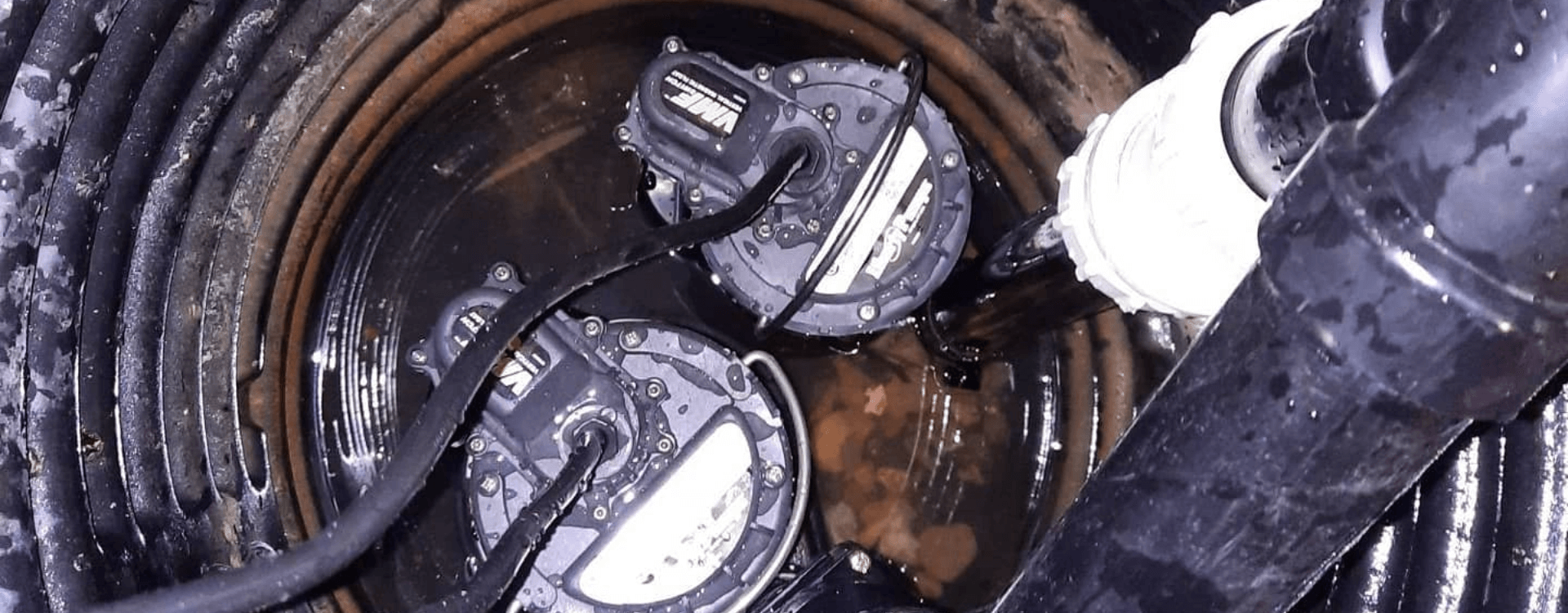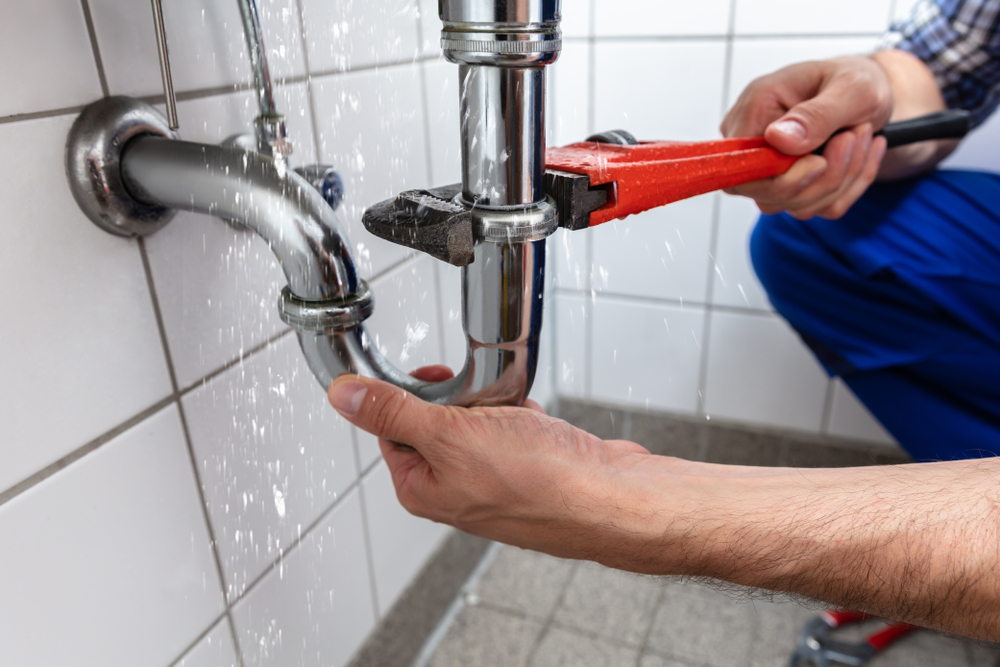Plumbing leaks can cause significant damage to your home, leading to expensive leak repairs and water waste. Detecting and preventing leaks early can save you both time and money. At Cardinal Plumbing, Electrical and Septic, we are dedicated to helping homeowners maintain efficient and leak-free plumbing systems. Here’s how to detect and prevent plumbing leaks effectively.
How to Detect Plumbing Leaks
1. Monitor Your Water Bill
An unexpected increase in your water bill can be a strong indicator of a hidden leak. Compare your bills over a few months to spot any unusual spikes in water usage.
2. Check Your Water Meter
For effective leak detection, turn off all water sources in your home and check your water meter. Wait for about an hour without using any water, then check the meter again. If it’s moved, you likely have a leak.
3. Look for Visible Signs
Regularly inspect areas around your home for visible signs of leaks:
- Water Stains: Look for water stains on ceilings, walls, and floors.
- Damp or Moldy Areas: Check under sinks and around appliances for dampness or mold.
- Dripping Faucets and Fixtures: Listen for dripping sounds and check for puddles around fixtures.
4. Use Food Coloring
Add a few drops of food coloring to your toilet tank. If the color appears in the bowl without flushing, you have a leak in the flapper valve.
5. Professional Leak Detection
For hard-to-find leaks, consider professional plumbing services. At Cardinal Plumbing, Electrical and Septic, we use advanced leak detection tools and techniques to locate and fix leaks efficiently.
How to Prevent Plumbing Leaks
1. Regular Maintenance
Scheduling regular plumbing inspections can help catch potential issues before they become major problems. Annual inspections can identify wear and tear, ensuring your plumbing system remains in good condition.
2. Insulate Pipes
Insulating your pipes, especially those in unheated areas, can prevent them from freezing and bursting during cold weather. Pipe insulation is an easy and cost-effective way to protect your plumbing.
3. Install Water Softeners
Hard water can cause mineral buildup in pipes, leading to blockages and leaks. Installing a water softener can reduce mineral deposits and extend the lifespan of your plumbing system.
4. Upgrade Old Fixtures
Old or outdated fixtures are more prone to leaks. Upgrading to modern, water-efficient fixtures can reduce the risk of leaks and improve your home’s water efficiency.
5. Use Leak Detectors
Installing water leak detectors in key areas such as basements, laundry rooms, and under sinks can alert you to leaks early, preventing extensive damage.
6. Maintain Water Pressure
High water pressure can put stress on your pipes and lead to leaks. Installing a pressure regulator and keeping your water pressure within a safe range (40-60 psi) can help prevent leaks.
Trust Cardinal Home Services for Expert Leak Repair
Detecting and preventing plumbing leaks is essential for maintaining a safe and efficient home. Regular inspections, proper maintenance, and timely upgrades can go a long way in keeping your plumbing system leak-free. At Cardinal Plumbing, Electrical and Septic, we offer comprehensive plumbing services, from leak detection and leak repairs to system upgrades.
Contact us today to ensure your home’s plumbing is in top shape.




